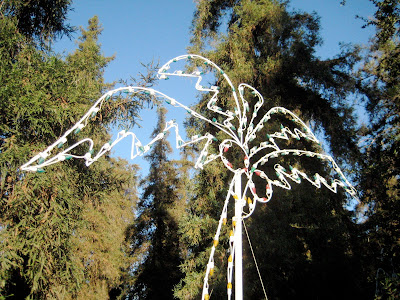Virginia Woolf on criticism and Hemingway:
And here, indeed, we may conveniently pause and sum up what point we have reached in our critical progress. Mr. Hemingway is not an advanced writer in the sense that he is looking at life from a new angle. What he sees is a tolerably familiar sight. Common objects like beer bottles and journalists figure largely in the foreground. But he is a skilled and conscientious writer. He has an aim and makes for it without fear or circumlocution. We have, therefore, to take his measure against somebody of substance, and not merely line him, for form’s sake, beside the indistinct bulk of some ephemeral shape largely stuffed with straw. Reluctantly we reach this decision, for this process of measurement is one of the most difficult of a critic’s tasks. He has to decide which are the most salient points of the book he has just read; to distinguish accurately to what kind they belong, and then, holding them against whatever model is chosen for comparison, to bring out their deficiency or their adequacy.
Recalling The Sun Also Rises, certain scenes rise in memory: the bullfight, the character of the Englishman, Harris; here a little landscape which seems to grow behind the people naturally; here a long, lean phrase which goes curling round a situation like the lash of a whip. Now and again this phrase evokes a character brilliantly, more often a scene. Of character, there is little that remains firmly and solidly elucidated. Something indeed seems wrong with the people. If we place them (the comparison is bad) against Tchekov’s people, they are flat as cardboard. If we place them (the comparison is better) against Maupassant’s people they are crude as a photograph. If we place them (the comparison may be illegitimate) against real people, the people we liken them to are of an unreal type. They are people one may have seen showing off at some café; talking a rapid, high-pitched slang, because slang is the speech of the herd, seemingly much at their ease, and yet if we look at them a little from the shadow not at their ease at all, and, indeed, terribly afraid of being themselves, or they would say things simply in their natural voices. So it would seem that the thing that is faked is character; Mr. Hemingway leans against the flanks of that particular bull after the horns have passed.












































